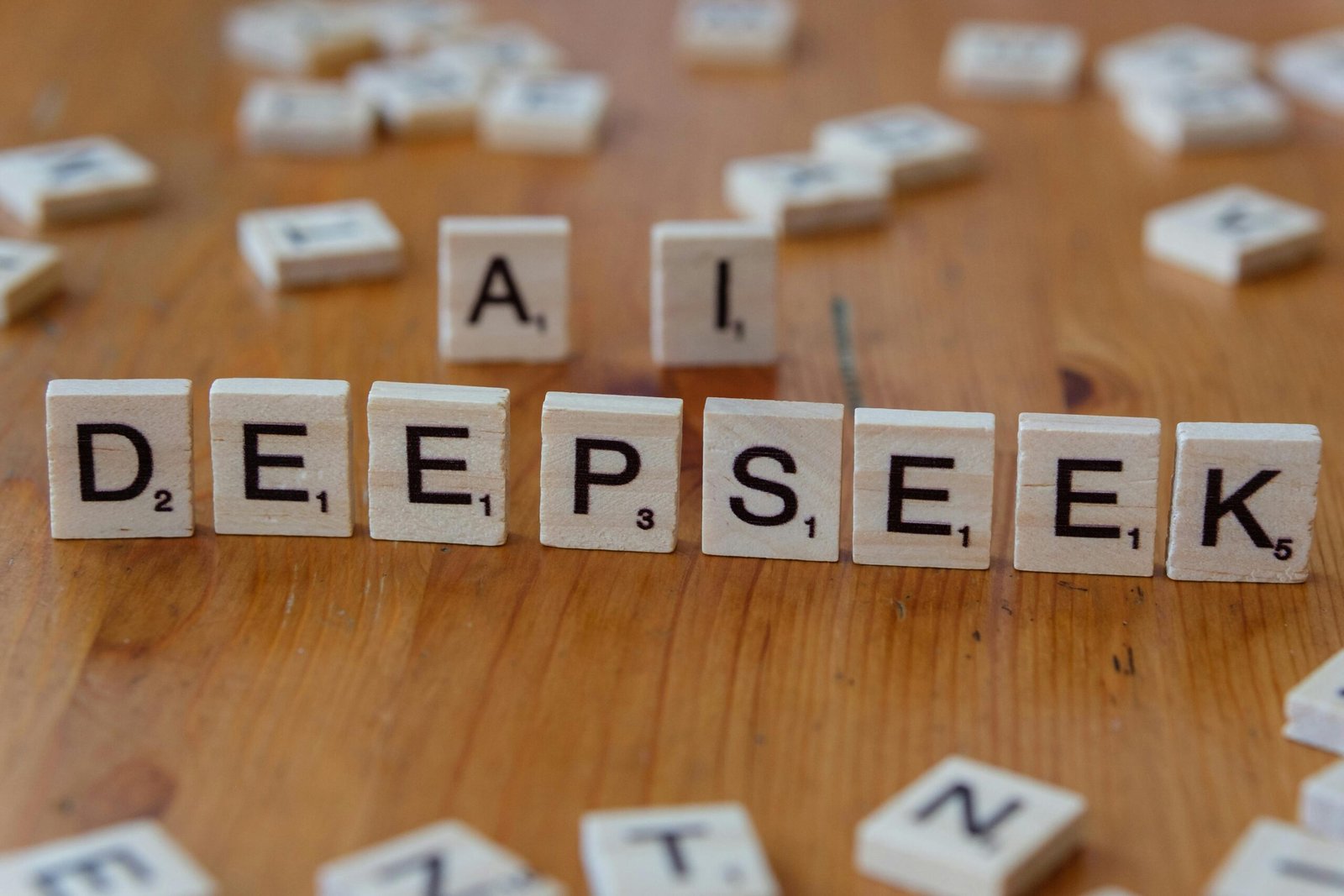Artificial Intelligence (AI) is revolutionizing the way businesses approach digital marketing. From automating repetitive tasks to delivering hyper-personalized customer experiences, AI is reshaping the marketing landscape. By 2025, AI in digital marketing will be more advanced and accessible, enabling businesses of all sizes to leverage its power. In this article, we’ll explore how AI is changing digital marketing, the best AI tools for marketing, and the future of AI-powered marketing strategies.
Why AI is a Game-Changer for Digital Marketing
AI is transforming digital marketing by:
- Enhancing Efficiency: Automating time-consuming tasks like data analysis and campaign management.
- Improving Personalization: Delivering tailored content and recommendations to individual users.
- Boosting ROI: Optimizing ad spend and improving conversion rates.
- Enabling Predictive Analytics: Forecasting trends and customer behavior with precision.
By 2025, businesses that embrace AI for digital marketing will have a significant competitive edge.
Key Ways AI is Changing Digital Marketing in 2025
1. AI-Powered Content Creation
- What It Is: Using AI tools to generate blog posts, social media captions, and ad copy.
- Why It Matters: AI saves time and ensures consistent, high-quality content.
- How It Works: Tools like Jarvis AI copywriting and MarketingBlocks AI use natural language processing (NLP) to create engaging content.
- Example: AI can generate product descriptions, email campaigns, and even video scripts.
2. Hyper-Personalized Marketing Campaigns
- What It Is: Tailoring marketing messages to individual preferences and behaviors.
- Why It Matters: Personalized campaigns increase engagement and conversions.
- How It Works: AI analyzes customer data to deliver targeted ads, emails, and recommendations.
- Example: Netflix uses AI to recommend shows based on viewing history.
3. AI in Advertising
- What It Is: Using AI to optimize ad targeting, bidding, and performance.
- Why It Matters: AI maximizes ad spend efficiency and improves ROI.
- How It Works: Platforms like IBM Watson Advertising and AI PPC management tools automate ad campaigns and analyze performance in real-time.
- Example: AI can adjust ad bids based on user behavior and market trends.
4. Predictive Analytics and Customer Insights
- What It Is: Using AI to analyze data and predict future trends.
- Why It Matters: Predictive analytics helps businesses make data-driven decisions.
- How It Works: AI tools analyze customer behavior, purchase history, and market trends to forecast demand and optimize strategies.
- Example: E-commerce brands use AI to predict which products will trend.
5. AI for Affiliate Marketing
- What It Is: Automating affiliate marketing tasks like tracking, reporting, and optimization.
- Why It Matters: AI streamlines affiliate campaigns and improves performance.
- How It Works: AI tools identify high-performing affiliates and optimize commission structures.
- Example: Platforms like AI affiliate marketing tools automate partner tracking and payouts.
6. AI in SMS Marketing
- What It Is: Using AI to send personalized SMS campaigns.
- Why It Matters: SMS marketing has high open rates, and AI makes it more effective.
- How It Works: AI analyzes customer data to send timely, relevant messages.
- Example: Retailers use AI SMS marketing to send personalized discount codes.
7. AI for Small Business Marketing
- What It Is: Making advanced marketing tools accessible to small businesses.
- Why It Matters: AI levels the playing field for small businesses competing with larger brands.
- How It Works: Affordable AI tools like MarketingBlocks AI and Jarvis AI help small businesses automate marketing tasks.
- Example: A local bakery uses AI to create social media posts and manage ad campaigns.
Best AI Tools for Digital Marketing in 2025
- Jarvis AI: For AI-powered copywriting and content creation.
- MarketingBlocks AI: For generating marketing assets like ads, emails, and videos.
- IBM Watson Advertising: For AI-driven ad optimization and insights.
- HubSpot AI: For predictive analytics and CRM automation.
- Persado: For AI-generated marketing language that drives engagement.
The Future of AI in Digital Marketing
By 2025, AI will continue to evolve, bringing new opportunities and challenges:
- Voice Search Optimization: AI will play a key role in optimizing for voice-activated devices.
- AI-Generated Visual Content: Tools will create images, videos, and infographics.
- Ethical AI: Businesses will need to address concerns around data privacy and bias.
- Integration with IoT: AI will work with IoT devices to deliver seamless customer experiences.
Challenges of Using AI in Digital Marketing
- Data Privacy Concerns: Businesses must ensure compliance with regulations like GDPR.
- High Initial Costs: Implementing AI tools can be expensive for small businesses.
- Over-Reliance on Automation: Balancing AI with human creativity is essential.
- Bias in AI Algorithms: Ensuring fairness and inclusivity in AI-driven campaigns.
Conclusion
AI is no longer a futuristic concept—it’s a reality that’s transforming digital marketing. By 2025, businesses that embrace AI in digital marketing will enjoy greater efficiency, personalization, and ROI. Whether you’re using AI for advertising, content creation AI, or AI-powered marketing campaigns, the possibilities are endless. Start exploring AI tools today to stay ahead of the curve and unlock the full potential of your marketing efforts.
FAQs
- What is the best AI tool for content creation?
Jarvis AI and MarketingBlocks AI are among the best tools for generating marketing content. - How can AI improve advertising campaigns?
AI optimizes ad targeting, bidding, and performance, ensuring higher ROI. - Is AI suitable for small businesses?
Yes, affordable AI tools like MarketingBlocks AI make advanced marketing accessible to small businesses. - What are the risks of using AI in marketing?
Risks include data privacy concerns, high costs, and potential bias in AI algorithms. - How does AI help with personalization?
AI analyzes customer data to deliver tailored content, recommendations, and ads.
By leveraging AI in digital marketing, businesses can stay competitive and deliver exceptional customer experiences in 2025 and beyond.

